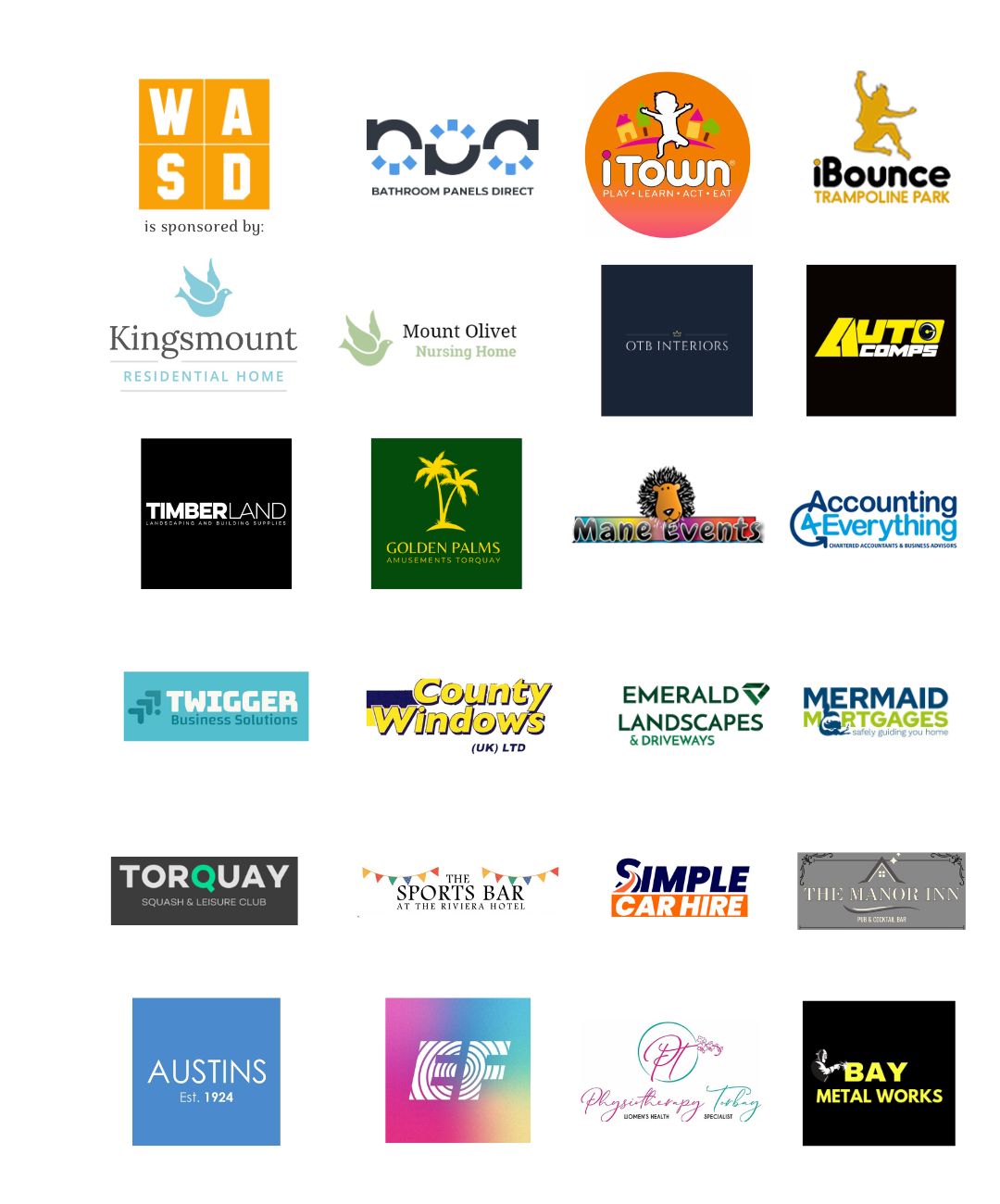For some owners and dogs, Bonfire Night and fireworks season are a huge source of tension and stress. Dogs suddenly become a shell of their normal selves, and owners are constantly on edge, worried about their pet’s wellbeing.
Of course, not every dog will be fearful of the loud bangs and shrill screeches – but a large number are. In fact, up to 17-49%* of dogs can have a noise phobia. A dog’s fear may be obvious, though some of the more subtle signs can be easily overlooked.
While canine anxiety isn’t an easy issue to tackle, there are plenty of things we can do, especially when it comes to pre-Bonfire Night preparation. Patience is key as this isn’t something that resolves overnight. But with the right approach, and expert help from Resident Vet Dr. Linda Simon at Pooch & Mutt, it can be tackled head-on and will make next year’s fireworks season more enjoyable.
How to keep dogs calm on Bonfire Night
- Plan ahead – Pre-Bonfire Night exposure training: Where possible, we should try to help alleviate our dog’s concerns before fireworks season comes around. This can be done via desensitisation, which can include exposing your dog to firework noises on a video and making it a positive experience.
Start by keeping the volume low and rewarding calm behaviour with vocal praise, strokes and tempting treats. You can even play a short game of tug with your dog if this is something they find enjoyable (rather than over-stimulating). Over time, increase the volume and frequency of the noise, ensuring your dog stays tolerant and relaxed. This process can take weeks or even months.
- A tired dog is a well-behaved dog! Make sure that your pooch is tuckered out from a day of walks, playing and mental enrichment before peak firework time. Being tired and worn out can help them avoid feeling anxious and scared. Fireworks are now often let off as soon as it gets to dusk, so try to make sure that you get your dog exercised early enough to avoid the fireworks outside.
- Stay calm yourself. When fireworks start, be cautious not to act unsettled yourself. Dogs quickly pick up on our body language and stress levels and may become upset if you’re anxious. Be calm and confident, and try not to fuss them too much.
- Create a safe haven. This can be a cosy den in the middle of the home, away from windows. Keep curtains closed and provide lots of blankets for your dog to bury themselves under. Have the TV or radio on in an attempt to drown out sounds too. Your dog may appreciate a nice long-lasting chew while they settle down for the night, or a soft, plushie companion to snuggle up with.
- Stick on some relaxing tunes! Many studies have shown that playing calming music for anxious pooches helps to soothe them. So, why not stick some classical music on this Bonfire Night?
What can you use to calm your dog on Bonfire Night?
- Pheromone plug-in or collar. These products release synthetic, imitation pheromones that help to naturally calm down dogs and pups. Alongside other calming tactics and accessories, they’re great as an extra helping hand come Bonfire Night.
- Toys and puzzles. Having soft, cuddly toys, enrichment toys and puzzles on hand are great for not only providing some comfort to your pooch, but distraction too!
- Anxiety coats or jumpers. Specialised anxiety coats and jumpers are soft and snuggly fitted, helping your dog feel more secure and protected during loud noises. The gentle pressure stimulates the production of oxytocin, creating a sense of calm.
- Prescription anxiolytics. These need to be given under the supervision of a vet, so your dog will have to be physically examined first.
Why are dogs scared of fireworks?
As many dog owners will agree, not all dogs are spooked by firework bangs. For certain breeds, their genetics are sure to play a role. Gun dogs that are used to being close to loud explosions are less commonly affected than other breeds. One Norwegian study showed that the Soft Coated Wheaten Terrier and Lagotto Romagnolo were the most likely to have a noise sensitivity. Spaniels tend to be under-represented.
A dog’s early experiences can also shape them. If they have had lots of positive experiences exposing them to loud noises and fireworks from a young age, they’re more likely to be tolerant of them when older.
Anxiety-prone dogs, for example, those who already have separation anxiety and a fear of new places, tend to be more affected. Conversely, confident dogs who are social and cope well in other situations are far less likely to be worried about fireworks.
Signs of fear and anxiety in dogs during fireworks
Signs of a noise phobia during firework season will vary between dogs, and can include:
- Shaking
- Whining or barking
- Hyperactivity
- Hiding away
- Refusal to eat
- Panting
- Seeking more affection
- Peeing or pooping in the house
Signs may seem to start before you hear a noise, as dogs have such good hearing that they often pick up on noises before we do. Symptoms can go on for long after the fireworks have stopped too, as your dog’s stress hormone levels remain high.
When will you see more fireworks in the UK?
There any many celebrations and seasonal events in the UK that often come along with fireworks lighting up your neighbourhood. To make sure you can prep your pooch, here are a few key dates for your 2024/2025 calendar:
- Diwali: 31st Oct-1st November 2024 (this changes each year)
- Bonfire Night: 5th November
- New Year’s Eve: 31st December
- Chinese New Year: 29th January 2025 (this changes each year)
- Eid: 30-31st March 2025 (this changes each year)

You can join us on our social media pages, follow us on Facebook, X (formerly known as Twitter) and Threads where you can keep up to date with whats going on in South Devon.
Got a news story, blog or press release that you’d like to share or want to advertise with us? Get in touch via email admin@wearesouthdevon.com





























